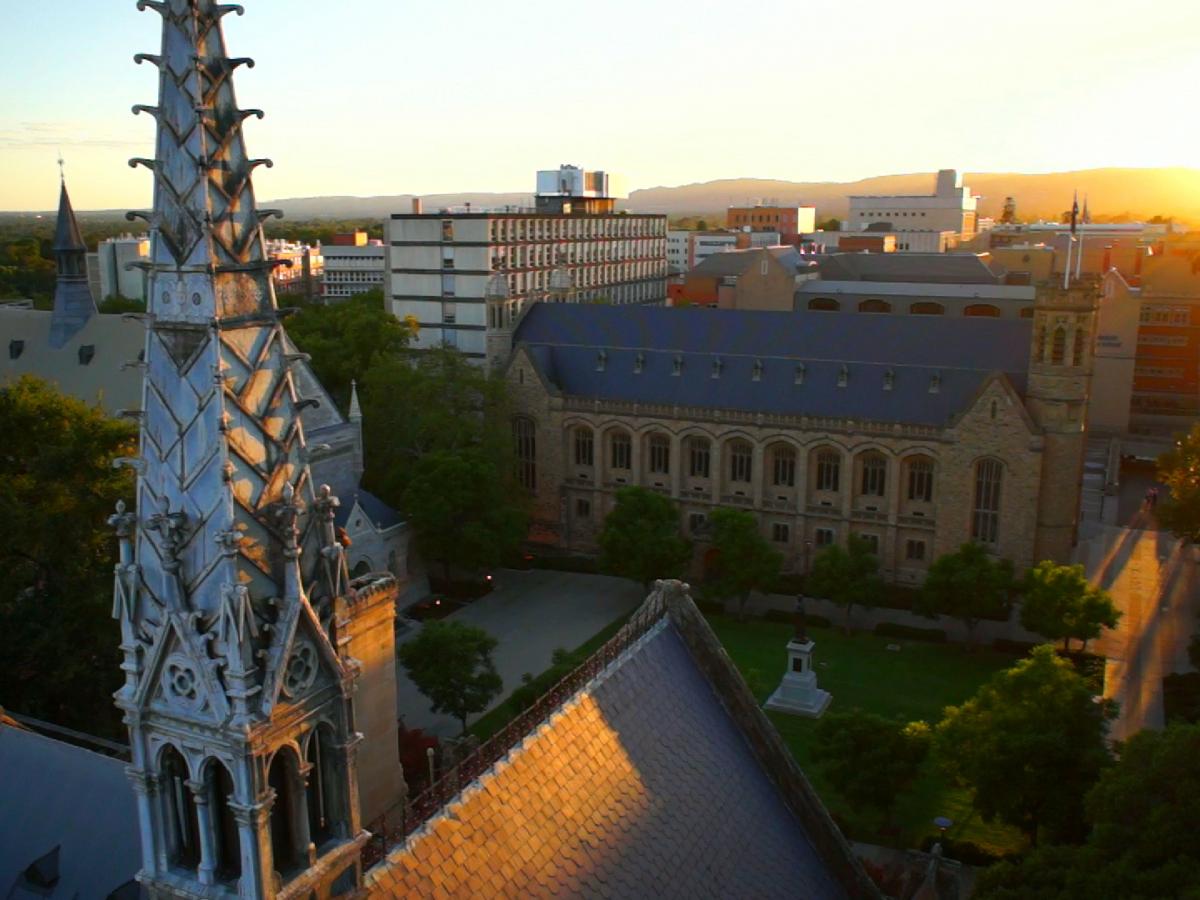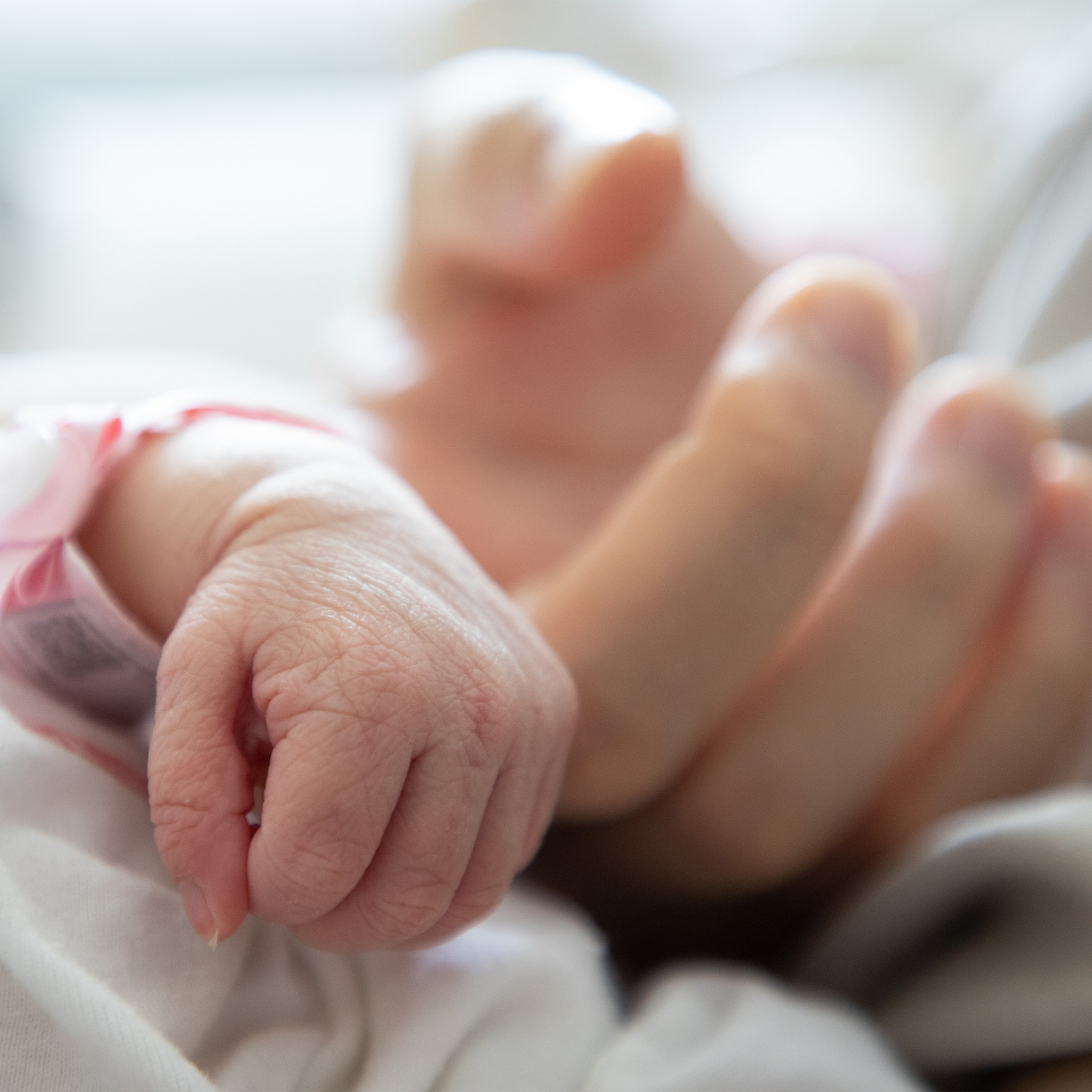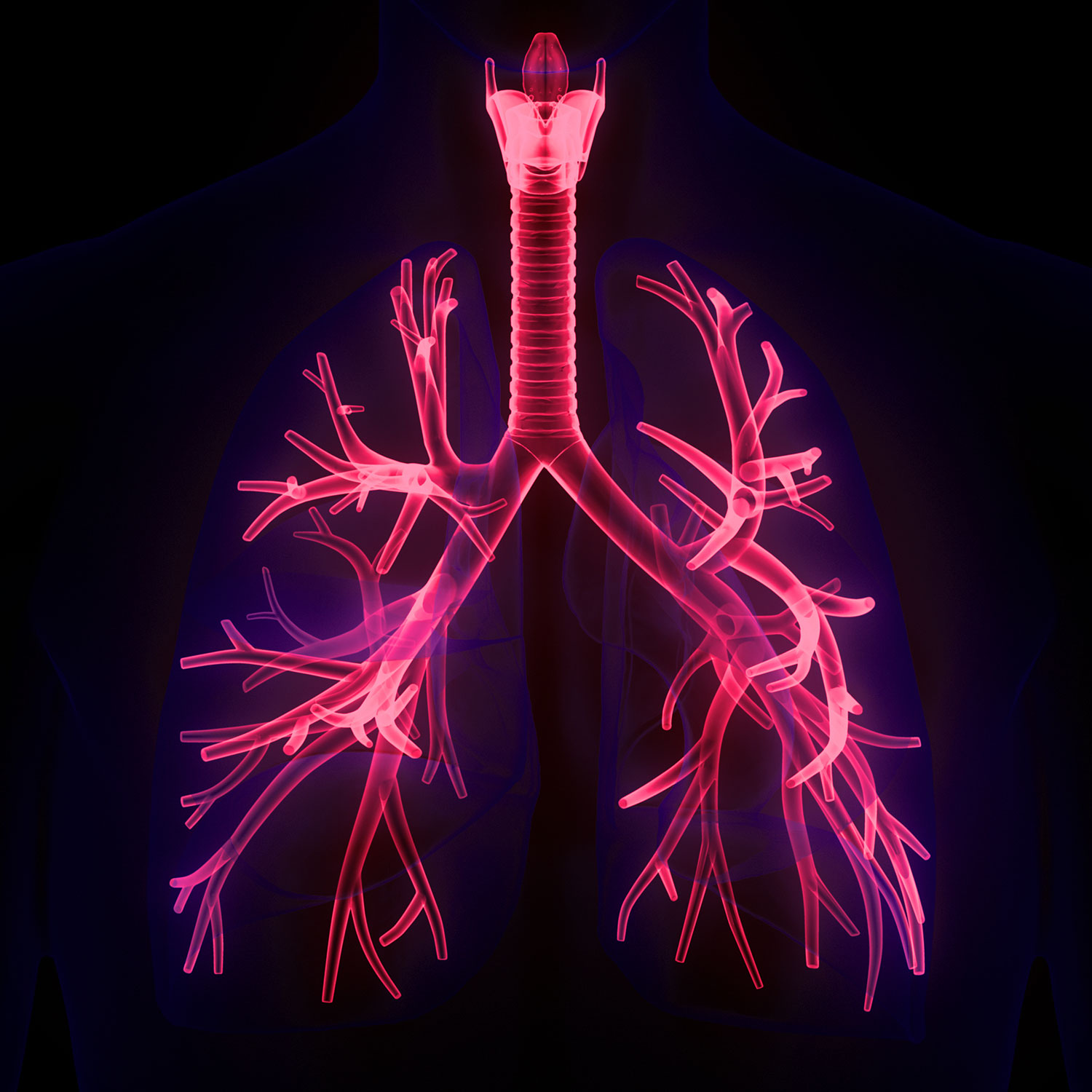
The University of Adelaide has received more than $7.5 million in funding to support seven innovative research projects that aim to address major health issues such as bowel and breast cancer, septic shock and malaria.
The University of Adelaide has received more than $7.5 million in funding to support seven innovative research projects that aim to address major health issues such as bowel and breast cancer, septic shock and malaria.
The funding was provided from the National Health and Medical Research Council’s Ideas Grant program.
“The University of Adelaide is home to some of the world’s leading researchers, and this is another example of the amazing work they are doing,” said Professor Anton Middelberg, Deputy Vice-Chancellor (Research), the University of Adelaide.
“From finding a way to control inflammation, testing a new therapy to treat septic shock, and uncovering innovative methods to treat bowel and breast cancer, these vital projects have the potential to make a significant impact across several critical areas of medical research.”
The seven successful projects, and the issues they aim to address, are:
- Controlling persistent inflammation is a major challenge and current treatments have significant side-effects. A team led by Dr Iain Comerford, a Senior Research Fellow in the School of Biological Sciences, will explore the biology of cells that play an important role in the control of inflammation. Funding: $866,880 over four years.
- Septic shock is a response to a serious infection that leads to organ failure and death. Associate Professor Richard Young, a Senior Research Fellow in the Adelaide Medical School and South Australian Health and Medical Research Institute (SAHMRI), will lead a team to evaluate the effectiveness of a liver-produced protein, corticosteroid-binding globulin, as an innovative therapy for septic shock. Funding: $1,235,442 over four years.
- Bowel cancer kills more than 6,000 Australians each year. To find new treatments for bowel cancer, a team led by Associate Professor Susan Woods, Senior Research Fellow at the Adelaide Medical School, will investigate the use of probiotics engineered to selectively release drugs direct to tumours. Funding: $717,084 over three years.
- Low-calorie sweeteners are emerging as a risk factor for the development of diabetes. A team led by Professor Chris Rayner, Gwendolyn Michell Professor in the Adelaide Medical School and a Consultant Gastroenterologist at the Royal Adelaide Hospital, will test how different sweeteners affect blood sugar levels, in an effort to prevent type 2 diabetes. Funding: $1,612,729 over four years.
- Superbugs continue to pose serious health and economic challenges globally. A team led by Dr Abiodun David Ogunniyi from the Australian Centre for Antimicrobial Resistance Ecology (ACARE), School of Animal and Veterinary Sciences, will aim to develop a broad-spectrum antimicrobial against superbugs by combining an existing drug with new derivatives of the drug robenidine – an antibiotic used to control coccidiosis in poultry. Funding: $981,046 over three years.
- Malaria causes more than 600,000 deaths worldwide per year. A team led by Dr Danny Wilson, a Research Fellow from the School of Biological Sciences, will conduct a study into how proteins that control the release of antigens required for malaria parasite infection can be targeted to kill malaria. Funding: $901,642 over four years.
- Breast cancer is the most common cancer in women worldwide. A team led by Professor Wayne Tilley, Director of the Dame Roma Mitchell Cancer Research Laboratories, Adelaide Medical School, will investigate a unique hormone treatment to improve breast cancer survival. Funding: $1,262,967 over four years.







